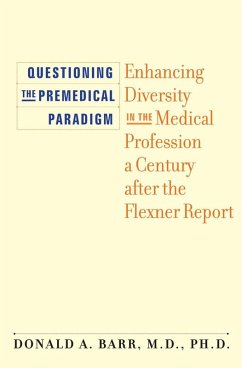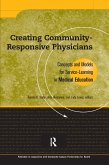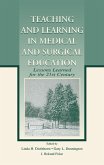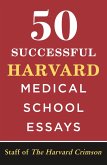This book raises fundamental questions about the propriety of continuing to use a premedical curriculum developed more than a century ago to select students for training as future physicians for the twenty-first century. In it, Dr. Donald A. Barr examines the historical origins, evolution, and current state of premedical education in the United States. One hundred years ago, Abraham Flexner's report on Medical Education in the United States and Canada helped establish the modern paradigm of premedical and medical education. Barr's research finds the system of premedical education that evolved to be a poor predictor of subsequent clinical competency and professional excellence, while simultaneously discouraging many students from underrepresented minority groups or economically disadvantaged backgrounds from pursuing a career as a physician. Analyzing more than fifty years of research, Barr shows that many of the best prospects are not being admitted to medical schools, with long-term adverse consequences for the U.S. medical profession. The root of the problem, Barr argues, is the premedical curriculum-which overemphasizes biology, chemistry, and physics by teaching them as separate, discrete subjects. In proposing a fundamental restructuring of premedical education, Barr makes the case for parallel tracks of undergraduate science education: one that would largely retain the current system; and a second that would integrate the life sciences in a problem-based, collaborative learning pedagogy. Barr argues that the new, integrated curriculum will encourage greater educational and social diversity among premedical candidates without weakening the quality of the education. He includes an evaluative research framework to judge the outcome of such a restructured system.This historical and cultural analysis of premedical education in the United States is the crucial first step in questioning the appropriateness of continuing a hundred-year-old, empirically dubious pedagogical model for the twenty-first century.
Dieser Download kann aus rechtlichen Gründen nur mit Rechnungsadresse in A, B, BG, CY, CZ, D, DK, EW, E, FIN, F, GR, HR, H, IRL, I, LT, L, LR, M, NL, PL, P, R, S, SLO, SK ausgeliefert werden.









